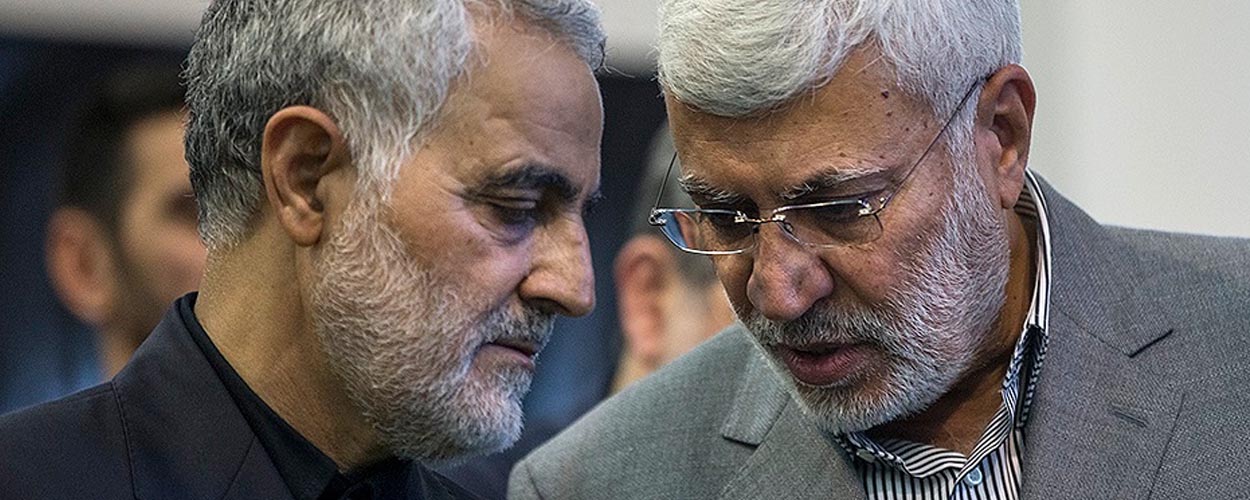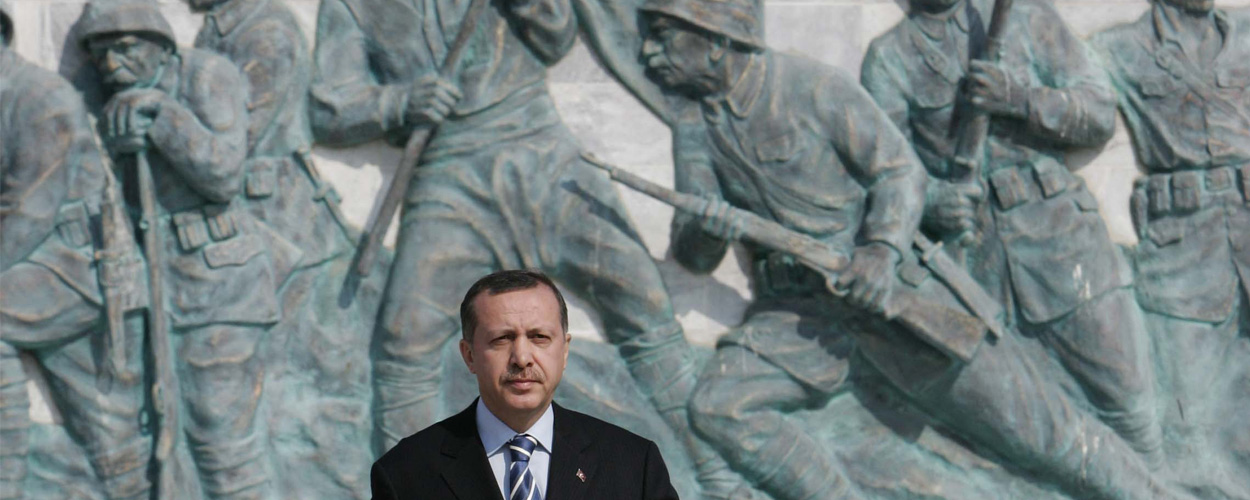The window was sealed behind a sheet of solid steel. The door was locked. Thick chains bound one arm and one ankle. The room was bare apart from a thin foam mat for a bed and a plastic bottle to pee into. I was alone.
That was the summer of 1987, when Hizbullah was holding me hostage in Lebanon. They had many other hostages, but I didn’t see them. In fact, I saw no one. When a guard came into the room, I had to put on a blindfold so that I couldn’t identify him. The only conversations I had were a few interrogations, when I was also blindfolded. The questioning involved threats and verbal abuse, but mercifully no torture. As unpleasant as they were, they broke the monotony. The rest of the time left me thinking, remembering, imagining. One way of relieving the loneliness was to pretend that one or another of my children was with me, each on a different day. I made chess pieces out of paper labels on water bottles to play with each one. Sometimes I let them win, or they beat me outright.
Although I never saw daylight, I was acutely aware of time. Every morning when I woke, I reminded myself of the date and thought, “This is day ten (or whatever other number it happened to be) of my captivity – and my last.” The only idea that sustained my morale was that somehow I would escape. After 62 days, I did.
Now, there is no escape. Where would I go? Most of the planet is locked down.
Continue reading →









